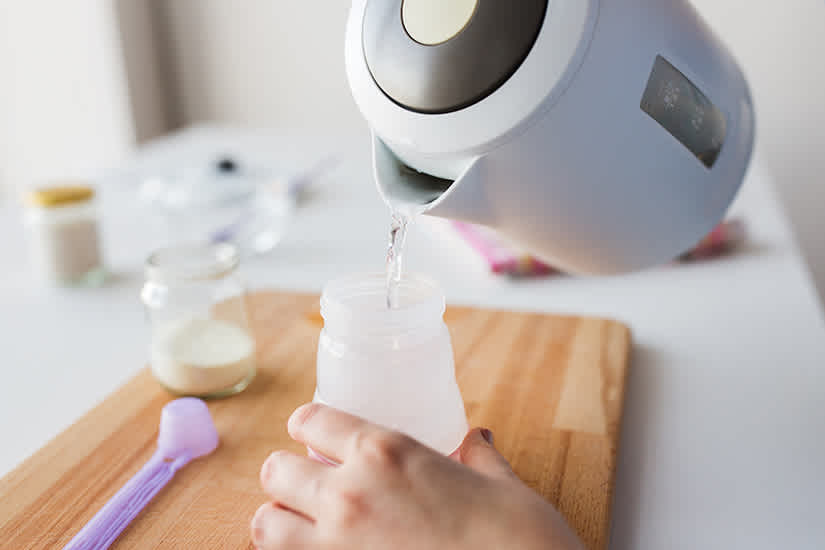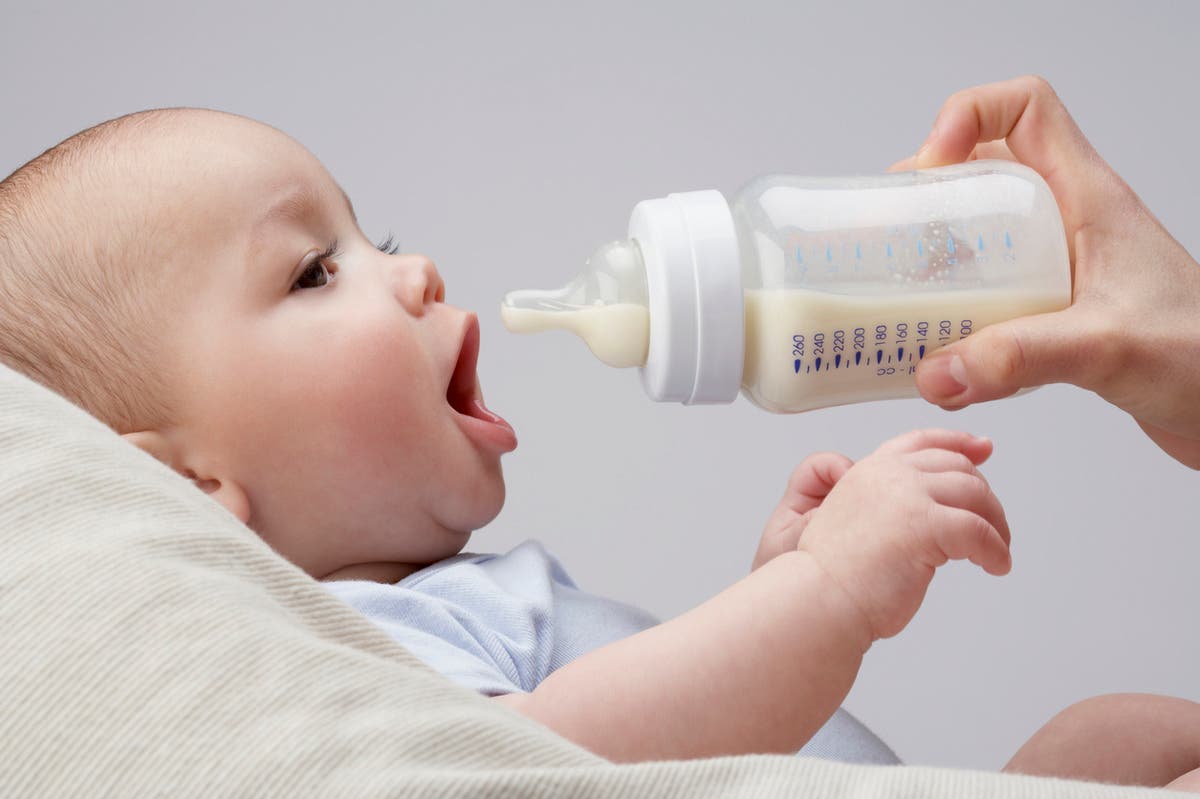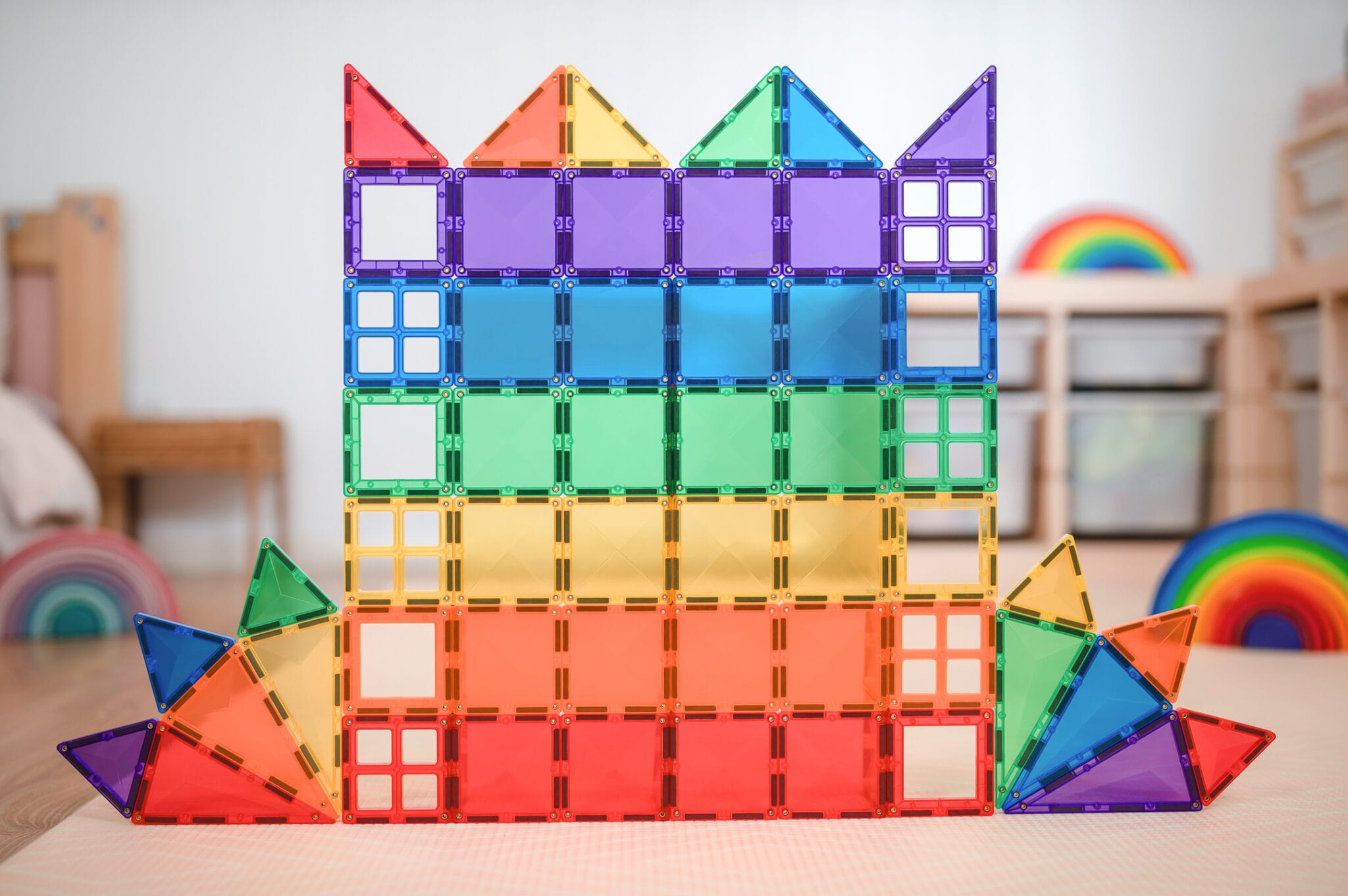The health of our little ones is always at the forefront of a parent’s mind. And when it comes to newborns and infants, the details matter more than ever—especially regarding their nutrition.
For babies who are formula-fed, one detail that warrants particular attention is the quality of water mixed with their formula. Let’s delve deep into the implications of water quality on baby formula and what parents need to be aware of to safeguard their infants’ health.
Why Water Quality is Important
Think of baby formula as your infant’s first food experience. Just like you’d wash fruits and vegetables before eating, the water used in a baby’s formula should be clean and safe. Poor water quality can undermine the health benefits of baby formula and pose several risks. Here’s why water quality should be on every parent’s radar:
Components in Water that Matter
- Contaminants: From heavy metals like lead to bacteria such as E. coli, water can harbor substances that are invisible to the naked eye but carry potential health risks.
- Developmental Risks: Because babies are in a critical growth phase, even low levels of toxins can impact their physical and neural development.
- Nutrient Absorption: Good water quality ensures that the formula’s nutrients are dissolved properly and absorbed effectively by your baby’s body.
Understanding Water Contaminants
To appreciate the seriousness of water quality, we need a closer look at the common culprits that can turn water from a life-sustaining resource into a health hazard.
Common Contaminants in Water
- Lead: This heavy metal is toxic to the human nervous system. Lead typically makes its way into water through corroded pipes and can be particularly damaging for infants, potentially leading to developmental delays and learning disabilities.
- Nitrates: These are most commonly found in well water in agricultural areas where fertilizer use is high. Nitrates can cause methemoglobinemia, reducing an infant’s ability to transport oxygen in the bloodstream.
- Bacteria: Pathogens such as E. coli can cause severe gastrointestinal illnesses. Infants are especially susceptible because of their underdeveloped immune systems.
- Chemicals: Various chemicals from industrial and pharmaceuticals can contaminate water supplies and disrupt hormonal and immune system functions.
How to Ensure Safe Water for Baby Formula

Ensuring your baby’s formula is prepared with safe water involves several key steps. These include knowing your water source, boiling water when necessary, using the right equipment, and following formula instructions carefully.
1. Know Your Water Source
The first step in ensuring safe water for baby formula is understanding the quality and potential contaminants of your water source.
Tap Water
While tap water might be the most convenient option, it isn’t always the safest choice for baby formula preparation. Different cities and regions have varying levels of water quality due to environmental factors and local infrastructure. Your tap water could contain various contaminants – including lead, chlorine, and fluoride – that aren’t suitable for infants.
To gauge the safety of your tap water:
- Contact your local water supply company and request a water quality report. This report will outline the levels of common contaminants in your water supply.
- If you’re worried about the quality of your tap water, you might want to test it independently. Various water testing kits are available online, which can provide a more detailed breakdown of potential contaminants.
Bottled Water
Contrary to popular belief, bottled baby water isn’t necessarily safer or superior to tap water. While bottled water goes through a purification process, it could still contain trace contaminants. Additionally, the purification process could mean that bottled water lacks essential minerals found in tap water.
If you decide to use bottled water for baby formula:
- Opt for bottled water brands that are regulated and provide quality testing data.
- Avoid bottled water labeled as distilled water or purified water unless your healthcare provider advises otherwise. These types often lack essential minerals like fluoride needed for your infant’s growth and development.
Filtered Water
Filtered water can be a middle ground between tap and bottled water. Depending on their types, water filters can effectively remove specific contaminants. However, ensure your filter is capable of dealing with your water’s particular impurity profile.
Do the following if you plan to use filtered water:
- Look for filters certified by a third party (like the NSF International), which guarantees they effectively remove specified contaminants.
- Be aware that not all filters are the same—some may remove chlorine but not lead. Ensure your filter is suitable for the specific contaminants found in your water.
2. Boil Water
Boiling water can efficiently kill bacteria and viruses. Nevertheless, bear in mind that boiling water doesn’t eliminate chemical pollutants, like lead and nitrates.
To boil Water for Baby Formula:
- Bring the water to a rolling boil and keep it boiling at least for one full minute to ensure that all potential pathogens are killed.
- Allow the boiled water to cool to a safe temperature before mixing it with formula.
3. Use the Right Equipment
Another vital aspect of safe baby formula preparation goes beyond water- it’s about maintaining overall hygiene too. Anything that comes in touch with the baby formula should be sterilized and kept clean.
To ensure hygiene:
- Sterilize bottles, nipples, and other feeding equipment you use, especially for newborns and young infants who are particularly vulnerable to infection.
- Adopt a disciplined approach to personal hygiene. Always wash your hands thoroughly before handling baby formula or feeding equipment.
4. Follow Formula Instructions
It’s equally important to follow the instructions provided by the formula manufacturer. These guidelines are designed to provide your baby with the correct nutritional balance.
While preparing baby formula:
- Stick to the water-to-formula ratio specified on the product’s instructions. Experimenting with these ratios without a healthcare provider’s guidance can disrupt the nutrient balance crucial for your baby’s development.
- Be mindful of the water temperature as recommended in the instructions. The right water temperature ensures that the formula dissolves completely, thus making nutrient absorption more efficient.
Key Findings from Data and Research on Water Purity and Infant Health
Research underlines the importance of clean water for infant formula preparation. For instance, the CDC’s guidelines about lead stress no identified safe blood lead level in children.
And the EPA reports that microorganisms, including bacteria and viruses, cause most of the illnesses associated with water systems. The American Academy of Pediatrics has highlighted that infants and pregnant women are at a heightened risk for health problems associated with nitrate-rich water, advising these populations use nitrate-free water.
Takeaways
The water we mix with baby formula is just as important as the formula itself. Taking steps such as understanding your water source, properly boiling water, utilizing certified water filters, following manufacturer instructions for formula preparation, and maintaining cleanliness can all contribute to the health and well-being of your baby.
Remember, the time and effort you invest now in ensuring water safety for baby formula preparation makes a world of difference to your little one’s present and future health. Always consult healthcare professionals for guidance tailored to your particular needs and stay informed about your water quality. Your vigilance as a parent is your baby’s first line of defense.





